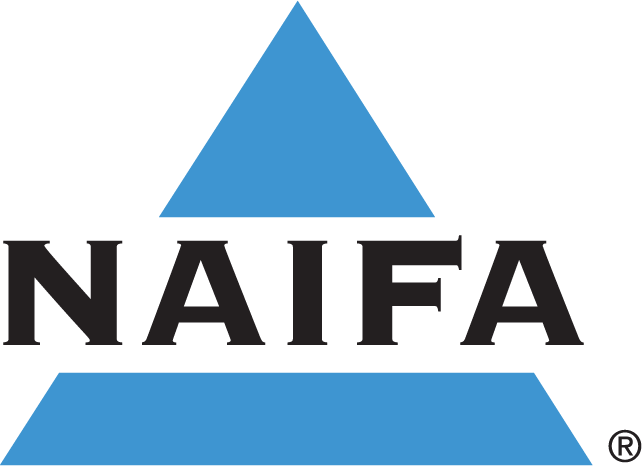The Centers for Medicare and Medicaid Services (CMS) has published its final marketing rule for Medicare Advantage (MA) and Medicare Part D (Part D) plans. Below you can read about key changes that will most impact NAIFA members, as well as some of NAIFA’s concerns that were addressed by CMS.
The Final Rule, published on April 12, 2023, includes several changes governing not only MA organizations and Part D sponsors, but also agents, brokers, and third-party marketing organizations (TPMOs) that sell and/or market those products. Among the various changes summarized below, the most notable requirements impacting agents and brokers include:
- Obligations on MA organizations and Part D sponsors to establish and maintain an oversight plan that monitors agent/broker activities and reports non-compliance to CMS
- Restrictions on agent and broker marketing activity at educational events
- Requirements governing the timing and scope of marketing meetings with beneficiaries
- Requirement that agents and brokers ask beneficiaries certain questions and cover certain topics regarding their health plan needs prior to enrollment
- Limiting the existing beneficiary call recording obligation to sales, marketing and enrollment calls and clarifying that the recording requirement also applies to web-based
Notably, while the Final Rule distinguishes between requirements for agents/brokers, and those governing TPMOs, CMS notes that TPMOs include agents and brokers performing certain activities. This is consistent with the regulatory definition of TPMO which covers “organizations and individuals, including independent agents and brokers, who are compensated to perform lead generation, marketing, sales and enrolment related functions… .”
Regarding the requirement that agents record calls when dealing with beneficiaries, the final rule clarifies that the recording requirements do not apply to all calls with beneficiaries, only to sales, marketing, and enrollment calls. Unfortunately, CMS did not address NAIFA’s request to allow beneficiaries to opt out of being recorded when speaking with their agent of record.
Another revision NAIFA asked to alter, which CMS took into consideration before issuing the final, rule saw CMS attempting to limit the distribution and collection of scope-of-appointment forms and business-reply cards to six months after an educational event; the final version extends this timeframe to 12 months.
The marketing and communications regulations will become effective September 30, 2023, in time for the 2024 Annual Enrollment Period and will apply to all activity related to CY 2024 and beyond.
Summary of Changes Impacting Agents, Brokers, and TPMOs
Obligations Specific to Agents and Brokers
- Requires MA organizations and Part D sponsors to establish and maintain an oversight plan that monitors agent/broker activities and reports agent/broker non-compliance to CMS.
- Requires agents and brokers to ask beneficiaries certain questions and cover certain topics prior to health plan enrollment, including adding the effect of an enrollee’s enrollment choice on their current coverage to the Pre-Enrollment Checklist.
- Prohibits agents and brokers from contacting a beneficiary at the individual’s home as unsolicited door-to-door contact unless an appointment at the beneficiary’s home at the applicable date and time as previously scheduled.
- Reinstates the prohibition on agents and brokers accepting Scope of Appointment (SOA) forms at educational events.
- Prohibits marketing events from taking place within 12 hours of an educational event in the same building or an adjacent building.
- Requires the plan, or agents and brokers as applicable, to agree upon and record the Scope of Appointment with the beneficiary at least 48 hours prior to the start of the personal marketing appointment. Provides exceptions for:
- SOAs completed in the last four days of a valid election period for the beneficiary.
- Unscheduled walk-in meetings initiated by the beneficiary.
- Limits the time period when SOAs and BRCs are valid up to 12 months from the beneficiary’s signature date or initial request for more information.
Obligations Specific to TPMOs
- Requires TPMOs to submit marketing materials developed for multiple MA organizations and Part D sponsors directly into the health plan management system (HPMS) for CMS review, rather than submitting to the MA organization or Part D sponsor as was previously the case.
- CMS states that this change will allow them to know exactly which organizations the piece is being used to market, enabling them to hold only those MA organizations and Part D sponsors accountable for inappropriate marketing.
- Limits the requirement on TPMOs to record calls between themselves and beneficiaries to sales, marketing, and enrollment. There is no requirement to record when the agent is merely setting an appointment or checking in after a sale.
- Clarifies that call recording applies to all web-based calls, though only the audio portion needs to be recorded.
- Modifies the TPMO disclaimer to add state health insurance programs (SHIPs) as an option for beneficiaries to obtain additional help and list the number of organizations with which they contract in the service area as well as the number of plans.
Note: CMS does not address its proposal to prohibit TPMOs from distributing beneficiary contact information in this Final Rule, though they may address it in a future regulation.
Additional Commercial and Marketing Requirements and Restrictions
- Requires each MA organization and Part D sponsor to provide a written annual notification from plans that an enrollee may opt out of future plan business contacts regardless of the plan’s intention to contact. The Rule defers to plans on how best to communicate this.
- Explicitly prohibits any use of the Medicare name, CMS logo, or products or information issued by the federal government (i.e. Medicare card) in a misleading manner. MA organizations and Part D sponsors will be responsible for any misleading actions by their first tier, downstream, and related entities.
- Prohibits the use of any superlatives (including logos and taglines), unless sources of documentation and/or data supportive of the superlative is also referenced in the material and has been published in either the current contract year or the prior contract year.
- Prohibits MA organizations or Part D sponsors from marketing any products or plans unless the names or marketing names of the entities offering the benefits being advertised are clearly displayed.
- Prohibits MA organizations and Part D sponsors from including information about savings available to potential enrollees that are based on a comparison of typical expenses borne by uninsured individuals, unpaid costs of dually eligible beneficiaries, or other unrealized costs of a Medicare beneficiary.
- Codifies existing guidance that prohibits Medicare organizations and Part D sponsors from marketing benefits in a service area where those benefits are not available, unless doing so is unavoidable because of the use of local or regional media that covers the service area(s).
- Establishes that the non-renewal notice is a “standardized communication material” that must be used without modification except where noted.
- Requires the summary of benefits (SB) to list medical benefits in the top half of the first page.
- Requires that certain new information, such as language capabilities, be add to the organization’s searchable provider directory.
NAIFA will continue working diligently with CMS to address any items which are not ideal to the working relationships between agents and brokers and their clients.







